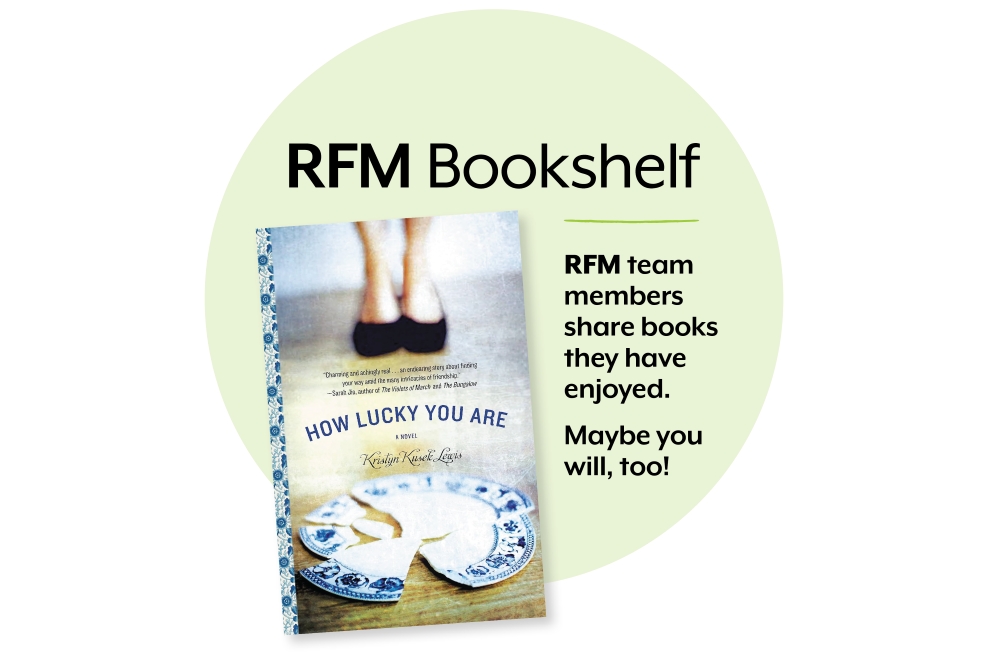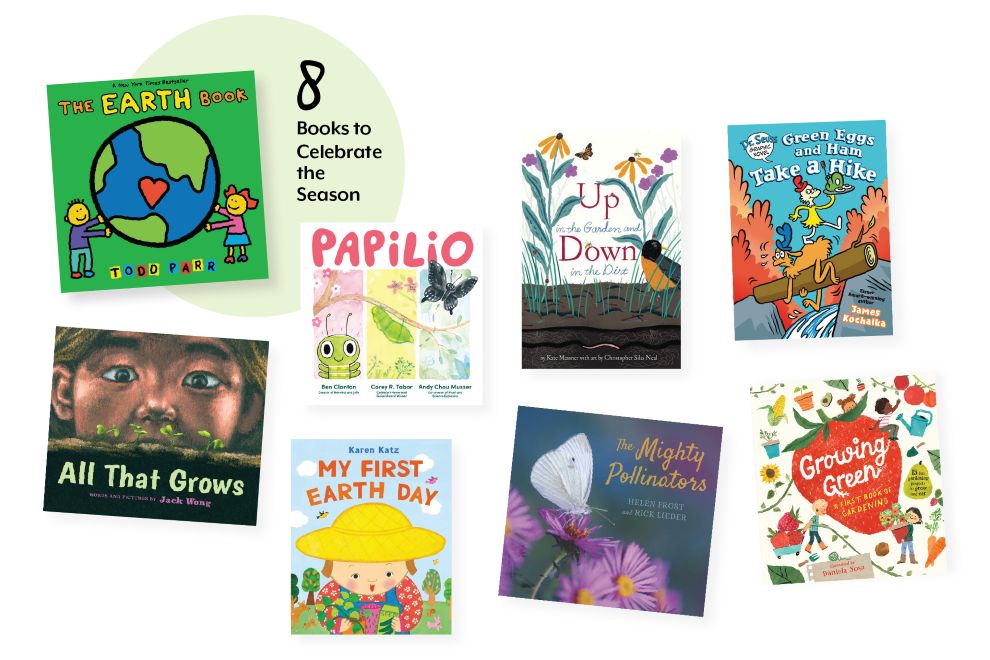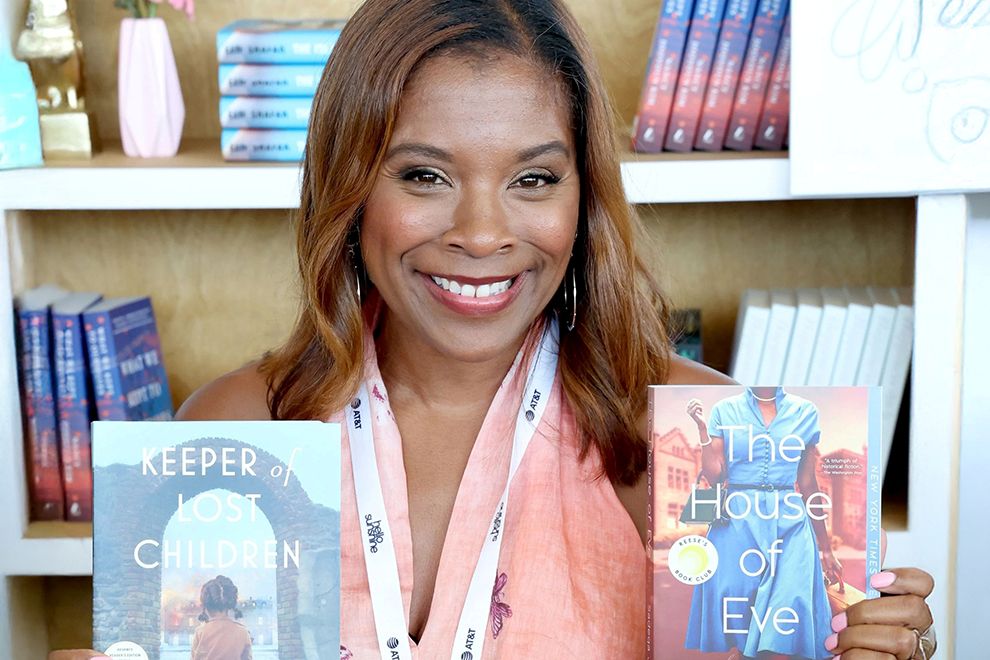Po Bronson and Ashley Merryman conclude Nurture Shock with a look at gratitude. While it’s always been regarded as important, only recently have researchers come to believe gratitude is more than a by-product of well-being. It can actually be enhanced to achieve even greater happiness. This information was of particular interest to me because for the last six months I’ve been counting down to my fortieth birthday, on my other blog Befriending Forty, and taking stock of my life.
According to Nurture Shock, the roller coaster of emotions I have felt since I started Befriending Forty is normal. Apparently, the human condition actually puts us on this “hedonic treadmill,” in which our “desires and expectations rise at the same rate as our circumstances.” Bronson and Merryman explain that “our brains are designed to notice novel stimuli, and tune out every day, predictable stimuli.” While this means we can adapt to a crisis well, it also means when our lives are continually blessed we tend to overlook it.
Dr. Robert Emmons of the University of California at Davis asked college students to keep a gratitude journal and learned that their doing so not only helped them to become happier but, according to Nurture Shock, they were “more optimistic about the future and got sick less often.” What his findings demonstrated was that “our default wiring could be tricked.” This made perfect sense to me, as my experiences writing Befriending Forty have actually had the same effect. Writing about something as ordinary as a good morning kiss from my kid quieted the criticisms of Little Vicki, my younger self.
It turns out, according to Bronson and Merryman, children only experience gratitude if they can recognize three things about the bounties in their lives: “that they are intentional, costly, and beneficial.” In other words, until children “comprehend that this nice life of theirs isn’t by accident” they won’t truly be grateful. I see now that’s the part where Little Vicki always gets stuck, as the thirty-nine-year-old me knows first-hand the real costs of chasing or abandoning dreams.
Ultimately, researcher Dr. Jeffrey Froh of Hofstra University determined “happiness is not a unitary construct…You can feel good and have well-being, but still be nervous, still be stressed.” In other words, Bronson and Merryman explain, good and bad are not on opposite sides of the same spectrum rather their own spectrums. This is why kids, like my younger self, can seem to be walking contradictions.
Yet I’m not entirely comforted by this information, as my posts at Befriending Forty reveal, for better or worse, Little Vicki lives. I still lose sight of the many blessings in my life, even though I know how good I have it. My hope is that by my fortieth birthday this October I’ll have finally figured out a way to hold the “big picture” in my heart, as well as in my head.
Follow Befriending Forty at http://befriendingforty.blogspot.com and find out what happens when the person I thought I’d be meets the person I actually became.
Don’t forget to like Parenting by the Book on Facebook for updates on blog posts.




